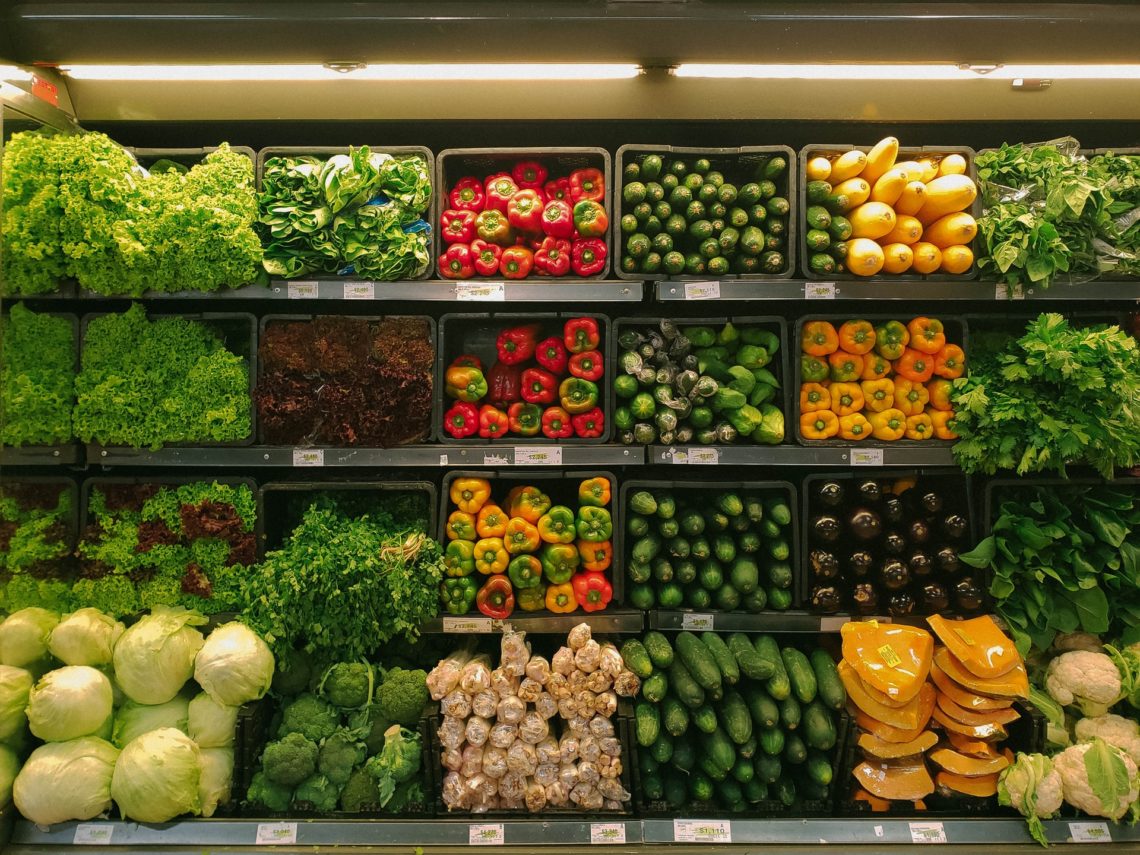
How To Shop Sustainably
It’s impossible to not notice all of the plastic when you shop. Vegetables wrapped in plastic. Snacks wrapped in plastic often inside more plastic with a plastic tray. All of this is brand new material and most of it won’t ever be recycled.
While there are instances where plastic packaging is beneficial for the produce, for example the shrinkwrap on a cucumber extends product life by 14 days, we do not need individually plastic wrapped oranges and melon pots.
Around 40% of plastic is used in packaging, and the UK generates around 2.4 million tonnes per year of packaging waste. It may not be the most obvious thing you can do to reduce your carbon footprint, but making a few changes to how you do your weekly shop are some of the easiest ways to cut back on the amount of plastic being sent to landfill.
Shop locally
If you can, shopping at a local market with local produce is the best thing you can do. You can choose produce that is in season, isn’t wrapped in plastic and often for a great price.
Many local markets will have bulk options for those on a budget. The trick is to shop around and compare prices and only buy what you will use up. It might be tempting to stock up on all the fresh fruit and vegetables but there is no sense in buying something for it to go to waste. That is swapping a plastic problem for a food waste problem.
Avoid plastic
It’s the most obvious solution but avoiding plastic where you can is the best way to prevent it entering circulation. Choosing products with cardboard, recycled metal and glass over single use plastic sends a message to companies that plastic is not the way forward.
When shopping always choose recyclable materials where you can or choose products made using recycled materials.
If you can’t choose eco products then it’s still important to recycle whatever you can. With only 50% of plastic bottles and just 12-15% of mixed plastics actually being recycled, repurpose what you can too. Glass jars can be reused round the kitchen and decorated for use around the home and large plastic juice bottles can be used as airtight containers for cereals and grains.
Remember your canvas bags
Bags for life were sold as a sustainable way to reduce plastic waste while you shop because there would be no more single use bags going into landfill. However, in the UK we are still buying bags for life which means more plastic in circulation. A study found that UK households are getting through 54 ‘bags for life’ each year suggesting that they are being used as a bag for a week. This makes them a poor option if you’re looking for an eco alternative as these bags will take even longer to break down because they are “sturdy”.
While cotton tote bags aren’t the most environment friendly option either because of the process of manufacturing and harvesting cotton, they will last a lot longer and are a far better option for the weekly shop. If you want to make fabric bags even more eco friendly, why not thrift some cotton material or turn an old t-shirt into a produce bag.
Of course, if you have a bag full of plastic bags, be sure to use those up first.
Being able to make changes to how sustainably you complete your weekly shop is a privilege. There are those who set up unrealistic expectations that state everything must be plastic free, organic and this is the only way to shop.
With food desserts, poverty and food banks becoming the normal thing for many people across the world, being super green while you shop is not always a possibility. If you cannot afford to do these things, don’t stress about it.
If you can make a change these are some great ways to cut down on plastic and reduce your individual carbon footprint.





